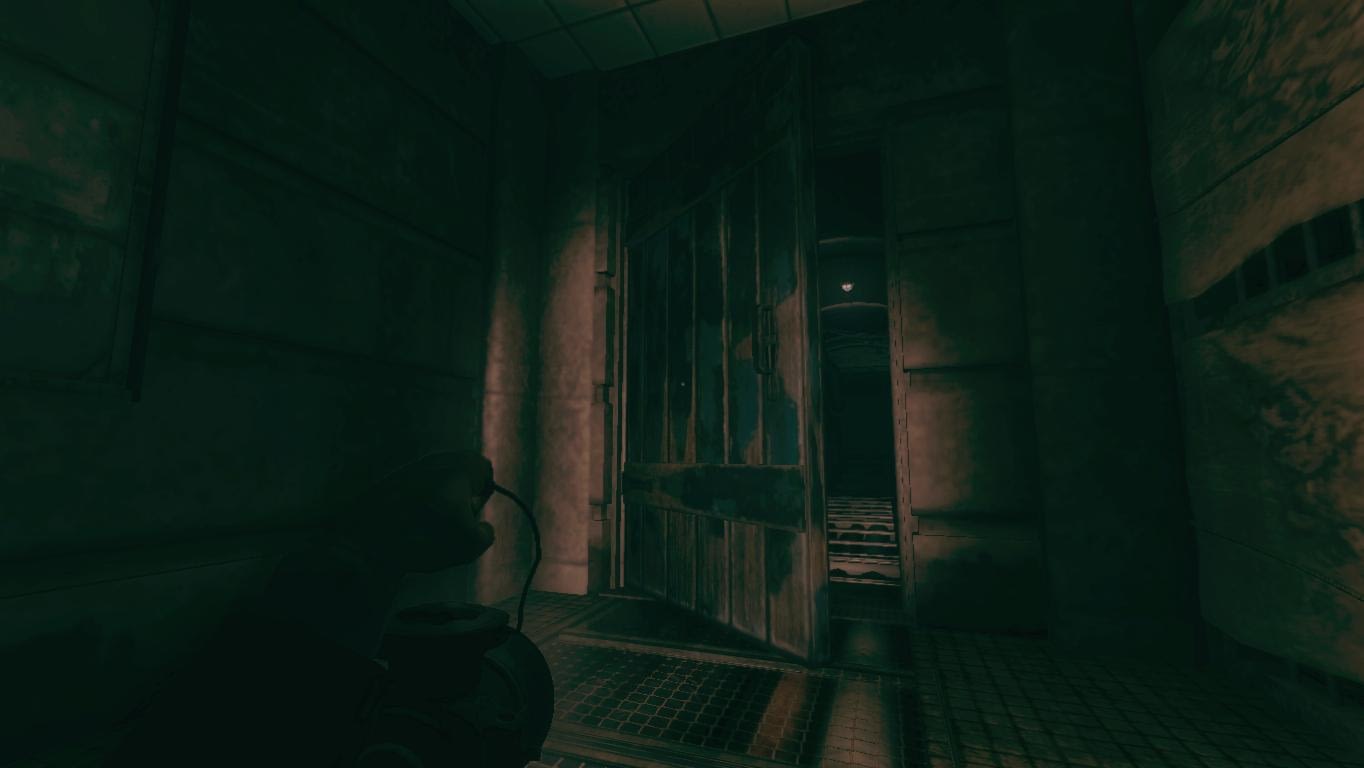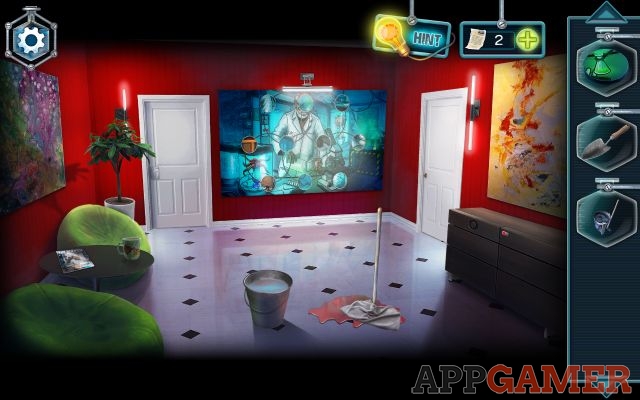



Once you know what you are looking for, the clues will begin to make more sense. You may have saved five minutes by hacking a lock, but you have wasted 15 minutes throughout the game just trying clues that no longer have any purpose. I can tell you from experience, if you don’t separate the clues you should have used and set them aside, your team will continue trying to use them on EVERY SINGLE PUZZLE they come across. The odds are that you aren’t going to get the right combination and even if you do guess the right code… congratulations… you are still going to need to solve the puzzle to figure out which clues have been used and which clues haven’t. After all, once you know what you are looking for, the clues you need will stand out to you! #2) Look at the clues!ĭo not be that one person that looks at the lock and instantly starts guessing random codes. What kind of solution do you need: Does it require numbers? Letters? Directions? Colors? Look at what it is asking for even before you look at the clues that you have found. Even if the puzzle doesn’t have an actual “lock” per say, look at what it is that you are putting your solution into. This is such an important step that I see a lot of players skip. If you are a new player or are already an escape enthusiast looking to improve your gameplay, here is some advice and techniques I have found effective when solving puzzles in escape rooms! #1) Look at the lock! As you play more and more escape rooms, you will learn what methods work for finding solutions to puzzles and what habits just waste time. Being good at playing escape rooms is just like any other skill: it takes some practice.


 0 kommentar(er)
0 kommentar(er)
